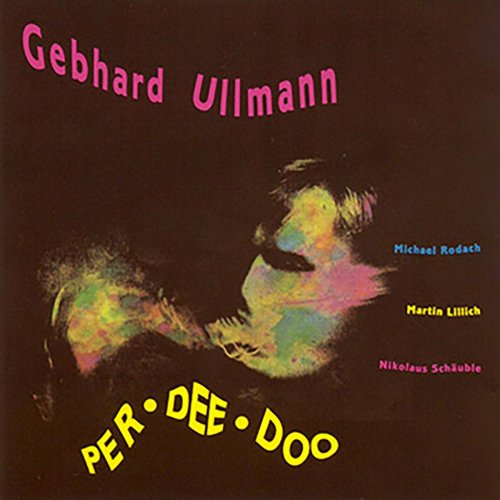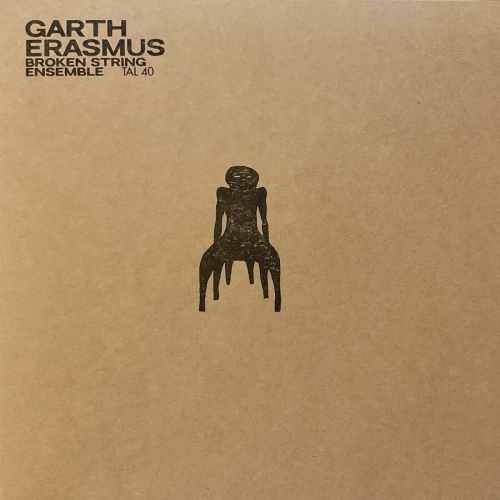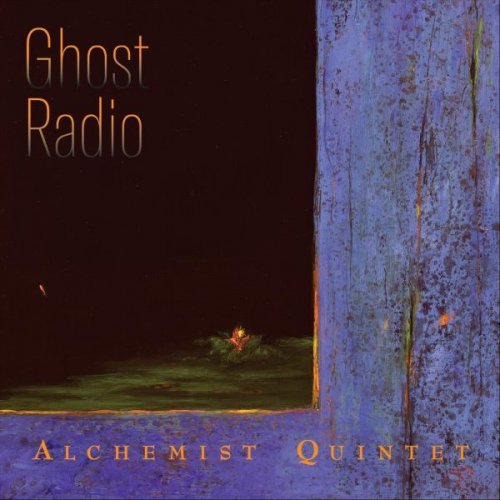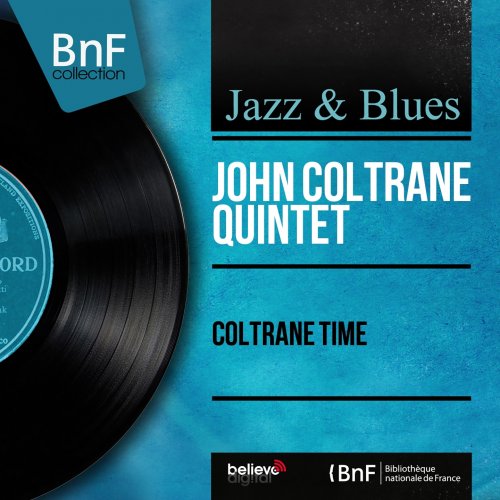René Clemencic - The Art of René Clemencic (2022)

Artist: René Clemencic, Clemencic Consort
Title: The Art of René Clemencic
Year Of Release: 2022
Label: UMG Recordings, Inc.
Genre: Classical
Quality: FLAC (tracks)
Total Time: 3:56:34
Total Size: 1.02 GB
WebSite: Album Preview
Tracklist:Title: The Art of René Clemencic
Year Of Release: 2022
Label: UMG Recordings, Inc.
Genre: Classical
Quality: FLAC (tracks)
Total Time: 3:56:34
Total Size: 1.02 GB
WebSite: Album Preview
01. 1. Salve Regina
02. 1. Ad te clamamus
03. 2. Eja ergo
04. 3. Et Jesum benedictum
05. 4. O clemens
06. 1. Stabat mater
07. 2. Cujus animam
08. 3. O quam tristis
09. 4. Quae moerebat
10. 5. Quis est homo
11. 6. Vidit suum
12. 7. Eja mater
13. 8. Fac ut ardeat
14. 9. Sancta mater
15. 10. Fac ut portem
16. 11. Inflammatus
17. 12. Quando corpus
18. 1. Sinfonia — Allegro – largo e piano – Allegro
19. 2. Care selve, amati orrori
20. 3. Ma voi non rispondete (recitativo)
21. 4. Fugge l'aura, si posa ogni fronda
22. 5. Invan fra questa selve (recitativo)
23. 6. Più non m'alletta e piace il vago Usignoletto
24. 7. Ciprigna, e dove sei ? (recitativo)
25. 8. Se come dolce e vago
26. 9. Mira, mio ben, deh mira (recitativo)
27. 10. Augelletti, si cantate
28. 11. O fortunate aurette (recitativo)
29. 12. Tanto respira il core (duetto)
30. 13. O me felice (recitativo)
31. 14. Ah, non mi dir cosi
32. 15. Pria che dal vago Oriente (recitativo)
33. 16. Andiamo, o caro bene
34. 17. Venere, assai ti deggio (recitativo)
35. 18. Con battaglia di fiero tormento
36. 19. Io, delle sfere il luminoso impero (recitativo)
37. 20. Vieni, vola, soave contento (duetto)
38. Sonate I
39. Sonate II
40. Sonate III
41. Sonate IV
42. Sonate V
43. Sonate VI
44. Sonate VII
45. Sonate VIII
46. Sonate IX
47. Sonate X
48. Sonate XI
49. Sonate XII
50. Carmen (Non grueb dich Gott)
51. O gloriosum lumen omnium
52. Vita in ligno moritur
53. Lust hab'ich ghabt zuer Musica
54. Lieblich hat sich gesellet
55. Tag, Zeit noch Stund
56. Carmen in la
57. Patientiam muess ich han
58. Ich hett mir ein endlein fürgenommen
59. Ach Elslein, liebes Elselein
60. Ach Elslein - Es taget vor dem Walde
61. Mag ich unglück nit widerstan
62. Mein Fleiss und Müeh
63. Ich stuend an einem Morgen
64. Ich schell' mein Horn in Jammers Ton
65. Kein Adler in der Welt so schön - Es taget vor dem Walde - Ich stuend an einem Morgen
66. Lamentatio
67. Iam satis terris
68. Was wird es doch
69. Mit Lust tritt ich an diesen Tanz
70. Es hett ein Biedermann ein Weib
71. So trinken wir alle
72. Quis dabit oculis nostris
"Lively authenticity" is one commentator's description of René Clemencic's musical performance aesthetic. The Viennese-born recorder player, composer, teacher, and conductor has sought this authentic mode of musical expression in an extremely wide range of musical experiences. Trained as a recorder player and keyboardist, earning a Ph.D. from Vienna University in 1956, Clemencic performs on a variety of early flutes, recorders, and other woodwind instruments. As an expansion of his instrumental career, Clemencic has founded two ensembles for early music in Vienna (a city which, in the 1950s, was widely acknowledged as the world's capital for historical performance): Musica Antiqua in 1958 and the Clemencic Consort in 1968. Also a teacher, he is a member of the Accademia Filharmonica Romana, frequently appearing in Siena to teach at the Accademia Musicale Chigiana. He maintains a large personal collection of early musical instruments. Clemencic's own compositions reflect his performing tastes and include music for recorders and oratorios in ancient languages (Greek and Hebrew). Clemencic's catalog of performance projects is both broad and prolific. At one temporal pole is his own experimental compositions. At the other, his ensemble the Clemencic Consort has brought to life several major repertories of the high Middle Ages, from the Play of Daniel and Cantigas de Santa Maria to a fiery presentation of the Roman de Fauvel. Very frequently, the group explores the use of improvisation within these repertoires. This allows Clemencic a very rich, sonic, and performative effect, most notable in a Spanish-Moorish flavor to his interpretation of Troubador lyrics. He has also widely recorded in the early Netherlandish Renaissance of Dufay, Ockeghem, and Obrecht, and in a wide variety of courtly and popular early dance styles. Finally, Clemencic has championed a number of neglected early operatic works, even producing fully staged versions of works by Peri, Draghi, Fux, Jean-Jacques Rousseau, and the Emperor Leopold I. ~ Timothy Dickey








![Yosef Gutman - Resisei Lyla (2026) [Hi-Res] Yosef Gutman - Resisei Lyla (2026) [Hi-Res]](https://www.dibpic.com/uploads/posts/2026-01/1768403813_cpz96bd15fkfa_600.jpg)